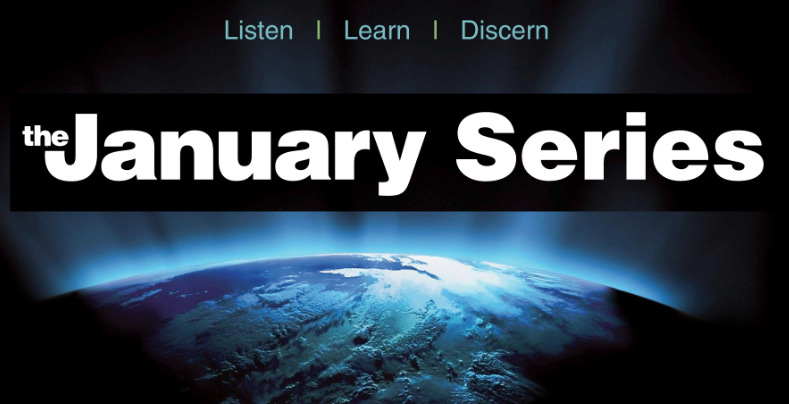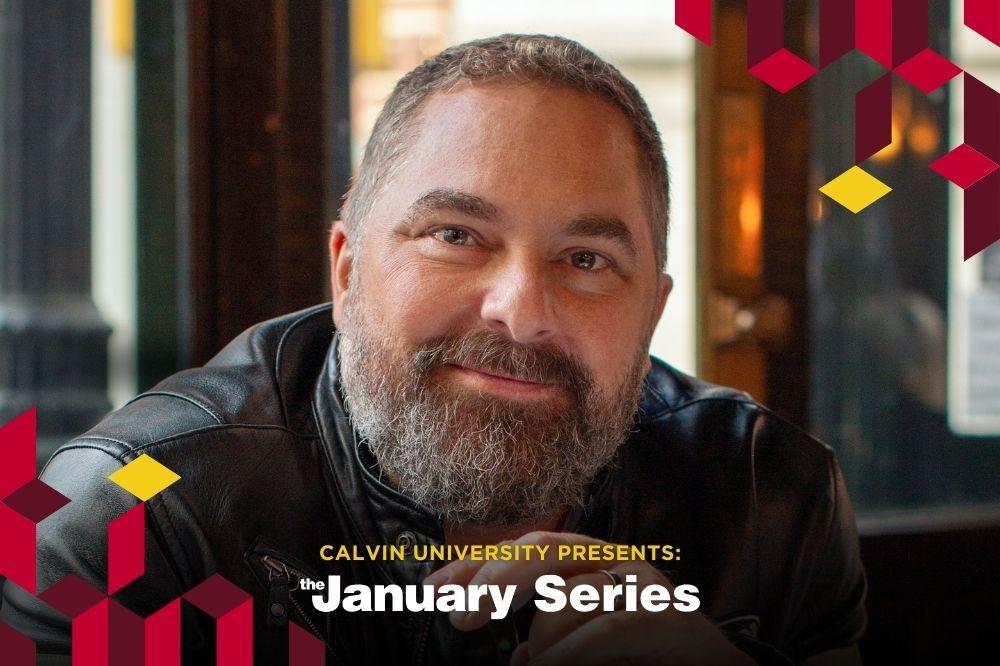Chimes editor John Muyskens sat down with Richard Mouw for a discussion about dialogue with Mormons, evangelism and student newspapers before Mouw’s January Series talk on Jan. 9.
John Muyskens: What can we learn from our dialogue with Mormons that we can apply to dialogue with other faiths?
Mouw: The more many of us have talked to Mormons the more we realize that some of the things we thought we really disagreed on were more that we used different vocabularies, and so that if we really want to be fair and truthful about what other people believe that we do really need to enter into dialogue. There’s always a danger that people with a strong system and deeply rooted convictions will tend to if not demonize, certainly caricature and oversimplify the beliefs of people that they disagree with, and that’s just bad. And so the dialogue with Mormons I think is a good example because there’s been such hostility in the past between us, and it goes both ways.
If we can work on friendlier relations and finding out genuine areas of commonality and really try to understand better what the real discriminants are I think that’s a model for the ways we can talk to the Jewish community and Buddhists and Muslims and others. People will talk about Muslims as if every Muslim is a terrorist, but what we don’t realize is that there are different schools of Islam and that there are Muslims who love America — they want to be a part of a democratic, pluralistic society.
I think that we have a lot to learn and especially as Reformed Christians we have a wonderful tradition of affirming a pluralistic society — that it is important for us to be understanding of other worldviews.
What role does evangelism play in interfaith dialogue?
I think that for those of us who really care about evangelism, at the heart of that is the desire that people come to know Jesus Christ as their Savior, Lord. Do we see Mormonism as a system of thought and a community in which the only way a Mormon could become a genuine follower of Christ is to leave Mormonism, or can we work at strengthening certain kinds of views within Mormonism so that Mormons, in spite of some of the things we disagree with, nonetheless hold on to certain essentials of the faith?
It’s what many of have learned about Catholics — and I was raised in a world where Catholics were evil and they were these strange, mysterious, probably inspired by Satan … the Heidelberg Catechism says that the Roman Catholic Mass is an accursed idolatry. Today many of us would not always agree with everything about the Mass, but we think that they are genuine Christians who go to Mass and are devout Catholics and so the real question is could our understanding of Mormonism and the internal changes that might take place within Mormonism come to a point where we have similar attitudes toward Mormons. And that is a big question, important, and I don’t know the answer but it’s the real difference between back in the old days when we thought that the only way a Catholic could be considered a Christian would be to leave the Catholic church and become Christian Reformed, and we no longer believe that. Well is it possible then that even though we would continue to disagree with Mormons that we would still believe that within Mormonism that it is possible to have a genuine faith in Christ?
What is the role of a school newspaper on the campus?
Higher education is education, and that means it’s a place where teaching takes place, but also formation for life. Those of us who are faculty members think that the only important teaching that takes place, and the only important formation that takes place happens in the classroom, but a healthy education requires a healthy community, and I see student journalism as one of the important voices within a community and it’s one of the important places where faculty and administrators can learn about student concerns — thoughtful and reflective statements of student concerns that aren’t possible to find out within the classroom situation. Furthermore it’s just really good to have students writing things that are reflective, that address some of the big issues of life, and in their own way are influencing how students are formed, and, within a Christian community, are formed for service within the Kingdom.
The big controversy during my time at Calvin College was “The Bananer,” and as an administrator I can understand why it was a very disturbing thing, but it was an important moment in terms of understanding a younger generation … and amidst all of the humor and all of the bad taste stuff, nonetheless, there was the expression there of an emerging generation of Reformed Christians who weren’t very happy with some of the older ways of saying things and doing things, and I think in that sense it was a healthy expression within the Calvin Christian Reformed community, even though in retrospect some of it was immature or out of line, but we need that.
We need to be listening to student voices, and I think that the more heavy handed an administration or even a faculty is about censoring student thought — in the long run that’s not very healthy. Many of the changes in the Christian Reformed Church about what we called in the old days “worldly amusements” — about film — the Chimes, for example, was a healthy voice for saying we can think as Christians — as Calvinists — about film, and we can learn from it, but we can also critique it, and today we have courses on that.
My years in higher education have been — I’ve learned much from student journalism and I’m a very strong supporter of it. And it’s, you know, sometimes the worst things are just some immaturity and some tensions with constituents, donors, you know? There were some bad things. Sometimes student journalism can go a little too far. But overall I’d rather live with those risks than try to censor it or shut it down.




